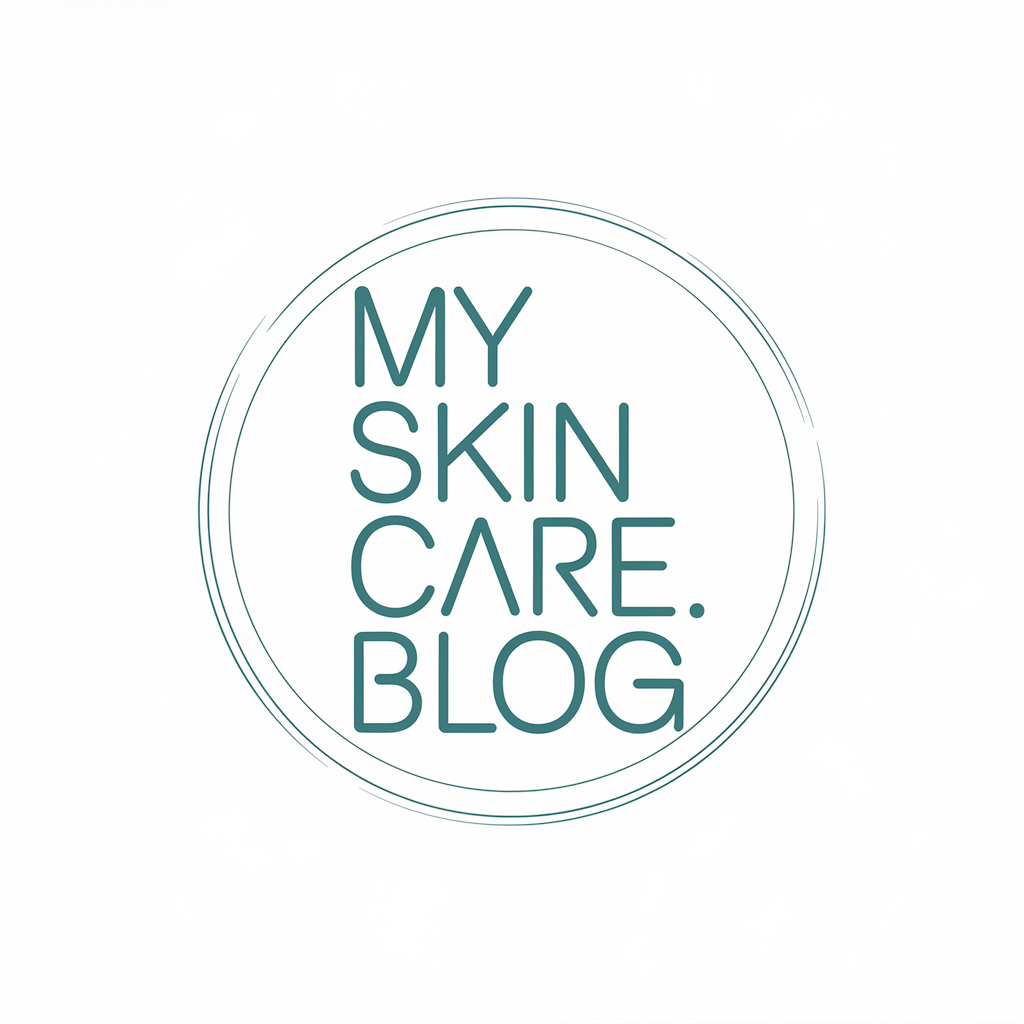How Sleep Affects Your Skin More Than You Think
Key Takeaways
- Quality sleep of 7-9 hours boosts collagen production, keeping skin firm and youthful.
- Sleep deprivation accelerates aging signs like fine lines, dullness, and dark circles.
- Hormones during sleep enhance skin repair, reducing inflammation and promoting hydration.
- Deep sleep stages increase blood flow, delivering essential nutrients for skin renewal.
- Consistent bedtime routines and a good sleep environment directly contribute to healthier skin.
The Science Behind Sleep and Skin Health
Sleep plays a crucial role in maintaining skin health, and research suggests that adults need around seven to nine hours of quality sleep each night for optimal skin function.
During sleep, your body undergoes repair processes, such as collagen production, which keeps skin firm.
Additionally, sleep promotes blood flow, enhancing nutrient delivery to your skin, ultimately improving its appearance and resilience. This is especially important because sleep deprivation can lead to compromised skin barrier function, making the skin more susceptible to damage and irritation.
Consequences of Sleep Deprivation on Your Skin
When you skimp on sleep, your skin quickly reflects the toll it takes. Insufficient rest can lead to increased signs of aging, such as fine lines and sagging. Additionally, you may notice a dull complexion, dark circles, and heightened sensitivity. Your skin’s ability to repair itself diminishes, resulting in a compromised barrier and increased risk of inflammation and breakouts. Prioritizing sleep is crucial for maintaining radiant skin. Furthermore, biological relationship between sleep quality and skin health underscores the importance of a good night’s rest for youthful, vibrant skin.
The Role of Hormones in Skin Repair During Sleep
While you’re resting, your body engages in essential repair processes that are heavily influenced by hormones.
Growth hormone, cortisol, and melatonin play key roles in skin regeneration and hydration. Growth hormone promotes cell division and tissue repair, while melatonin aids in antioxidant production.
Balanced cortisol levels help reduce inflammation, ensuring your skin can recover effectively during sleep’s restorative phase.
Sleep Cycles and Their Impact on Skin Renewal
Although you may not realize it, your body cycles through several stages of sleep each night, and these stages directly affect skin renewal.
During deep sleep, blood flow increases, delivering essential nutrients to skin cells.
Conversely, insufficient REM sleep can disrupt collagen production, leading to premature aging.
Understanding these cycles highlights the importance of achieving restorative sleep for optimal skin health.
Effective Sleep Habits for Better Skin
Achieving restorative sleep isn’t just about duration; it also involves cultivating effective sleep habits that enhance skin health.
Establish a consistent bedtime routine, optimize your sleep environment by minimizing light and noise, and avoid screens before sleep to reduce blue light exposure.
Prioritizing hydration and a balanced diet will also support your skin’s rejuvenation processes during sleep, ensuring you wake up with a healthier complexion.
How Sleep Quality Influences Anti-Aging Efforts
Quality sleep serves as a crucial factor in effective anti-aging strategies.
During deep sleep, your body repairs skin damage, boosts collagen production, and reduces inflammation.
Poor sleep disrupts these processes, leading to increased wrinkles, dullness, and a loss of elasticity.
Prioritizing restorative sleep helps maintain vibrant, youthful skin, allowing your anti-aging efforts to be far more successful in the long run.





